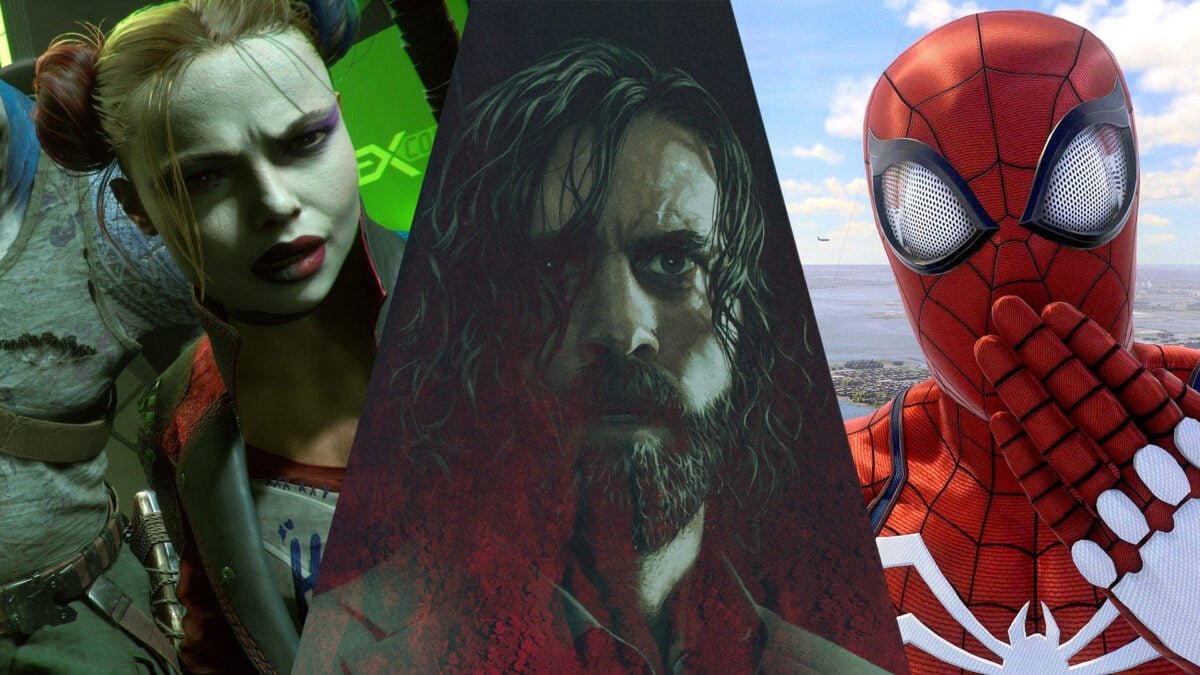Around select corners of the internet, the topic of gaming has been dominated by talk of Sweet Baby. While it may sound like gibberish if you have not jumped into this rabbit hole before, it revolves around the concept that people believe this small 16-person Montreal-based consulting firm is reshaping the massive multi-billion dollar gaming industry how they want, leaving people who have grown up with video games their whole lives out in the cold.
First, let me be clear: I understand the fear of having a hobby that you have grown up with taken away, and I understand how there is a sense of ownership over how gaming grew to the point it is at. I remember playing video games back when shareware was the only way you could try new experiences on PC, and reading magazines was the only way to get the scoop on the newest games that were soon to be available at the local gaming stores. It was not cool to be a gamer, but my group of friends and I still loved it and were excited by every new release, even if they were terrible.
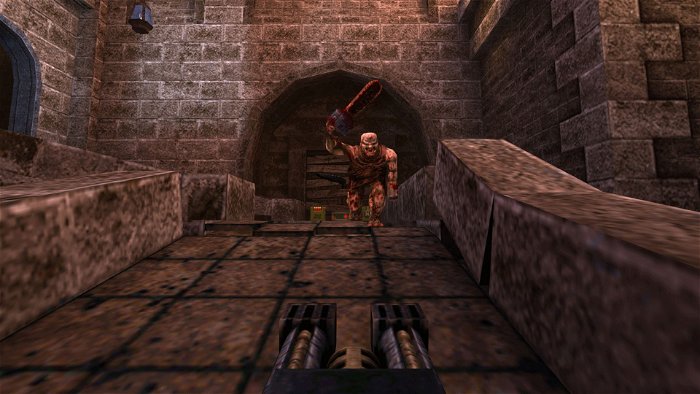
It was a hobby that was still very niche, and the “girl gamer” was still a very rare breed. There was a lot of gatekeeping, and if anyone said they were also a fan of Zelda, Mario or Doom, the Q&A session would start to prove their credibility. Honestly, as much as I know now about how that does not embrace new people, I still look back fondly on the memories of playing Quake on a LAN with a group of cobbled-together computers holding on by a wish and a prayer.
“From the 4K consoles like the PlayStation 5 and Xbox Series X|S to the mainstream Nintendo Switch to the hundreds of million mobile devices that blanket the globe, everyone is now a gamer, and that is a good thing.”
However, the industry is changing, and it has now grown to be one of the biggest entertainment industries in the world, a big change from when a few guys loved select games and would tell their friends. This industry is a behemoth, one that tries to target as many people as possible with every release—games for everyone on every platform. From the 4K consoles like the PlayStation 5 and Xbox Series X|S to the mainstream Nintendo Switch to the hundreds of million mobile devices that blanket the globe, everyone is now a gamer, and that is a good thing.
The more people that play games, the more great experiences we get to enjoy. If gaming were not as big as it is, companies would not have the budget to release God of War, The Last of Us, or even Elden Ring. These massive titles employ hundreds or sometimes thousands of people to bring these games to life. These people often grew up playing games and wanted to bring a little part of them to the games they make, all while being funded by a range of mediums to allow for the outrageous budgets of some of the games’ costs.
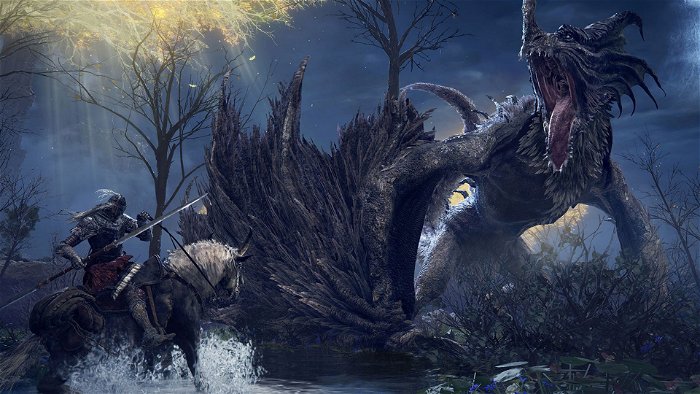
For those who may not know the back story, Sweet Baby Inc. is a narrative consulting firm that has been involved in the development of a range of games, with the most notable entries being Marvel’s Spider-Man 2, South of Midnight, God of War Ragnarök, Alan Wake II, Suicide Squad, and indie darling Sable. They were embroiled in a controversy after a Steam list was made to point out the games they have worked on. This has resulted in numerous editorials from both sides of the situation, often escalating the situation without taking the time to break down what Sweet Baby is or if the average player should even care.
The problem only got worse when internet sleuths started looking at major investment firms such as BlackRock and how they screen for ESG (environmental, social and governance) in the companies they invest in. This refers to how investment money is directed to companies that have corporate policies that enforce these principles and encourage companies to act responsibly. Combine this concept of outside money with narrative consultancies like Sweet Baby, and you have people linking threads that are not there. This leads to people suggesting that Sweet Baby is part of a conspiracy to pull the strings behind the scenes and make games inclusive or else.
It is so easy to get sucked up into picking sides of any debate, and often this will lead to a small issue becoming much more exaggerated than it needs to be. I like to think most people are good, and I want to see games or any media they enjoy be the best they can be. When there are “sides” in a debate, any nuance is lost, and what could have been solved by a simple conversation breaks down into name-calling, and the good faith arguments seem to get lost behind the world-ending dialogue that is us vs them, or that everything will be ruined.
Jumping back into the nitty gritty of things, the concept that one small consulting firm like Sweet Baby could sway the purse strings of billion-dollar companies is a stretch. These corporations want to hit as many people as possible and only bring in consultants to do just that.
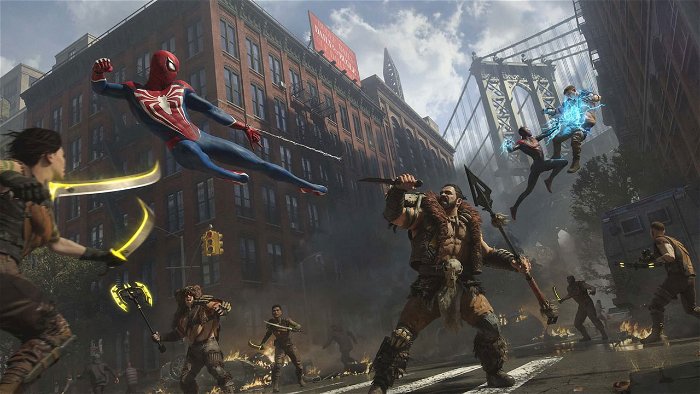
If they bring in an accessibility consultant, they want to reach a market they normally would not, and the same goes for narrative consultants like Sweet Baby. These outsourcing agencies give notes based on what the company is looking for. If the focus is to bring in 55% more women for a specific title based on projections, that is the sort of agency they bring in to help give ways to achieve just that.
Even funding is not as clear as it once was. Back in the day, when a game budget was only a little over a million dollars, it was not hard for a company like EA or Ubisoft to cover that with completely internal money; it is when you get the tens or hundreds of millions of dollars projects that become a bit tricky. Much like film and TV, money normally does not come from a single source. Outside investment looks to see goals reached to make sure their money delivers a return, and these can be anything from attracting a bigger audience to making sure the people enjoying the game drink Pepsi.
Much like film and television, money can come from a range of sources, from advertisers who want their products seen throughout an experience or governments wanting to see people hired to investors who want a percentage of the profits if the game does well. Financial supporters can have various strings attached and can, at times, reshape development.
But here is the kicker: 99% of the time, the money is not given to these projects to be kind and change the world; most of the time, it is to serve a goal, and that goal is almost never altruistic. If they want more women playing the game, it is because they want to see it sell more, or they are looking to have the game win awards, etc.
This can be different when it comes to indie games, such as when a grant might be given to feature a group or emphasize an idea. But even when this happens, these funding sources do not bring in millions of dollars. We are talking under 100K at most for new studios. This will normally be for a very small team of a handful of people, and these are not the sort of experiences that will reshape the AAA gaming space.

If we are looking at the biggest games sold worldwide, they often fall into a few categories: the indie game made by a group of people on a shoestring budget, the main medium size experience from a new studio, who will often bring in money from a range of sources to get their new idea off the ground, and the big publishers who are looking to hit the most people possible from their massive, sprawling releases. All these categories can bring in consultants, and all for different reasons, but none do it because they are forced by dark money to hit a ‘woke’ quota.
When you are crafting, living, breathing worlds like in Marvel’s Spider-Man 2, you want to have cities that feel authentic, with people from all walks of life brought together to make it feel like a city you would want to experience. This means writers that can make this a reality, giving those characters backstories and generally making the game world something worth exploring. You would not want a city filled with one type of person repeated, and I imagine you would not want characters written in ways that don’t feel believable.
Don’t get me wrong, this can go too far the other way and can change too much about the core experience of a game, so it is almost unrecognizable. Look at DmC, Capcom’s attempt at reinventing Devil May Cry. While not a bad game, it did look to change too much in the process of appealing to a modern audience, and it did not feel like the same franchise. Sure, it was interesting in its own right and had some good elements, but the core of what made Devil May Cry a series people loved was lost.
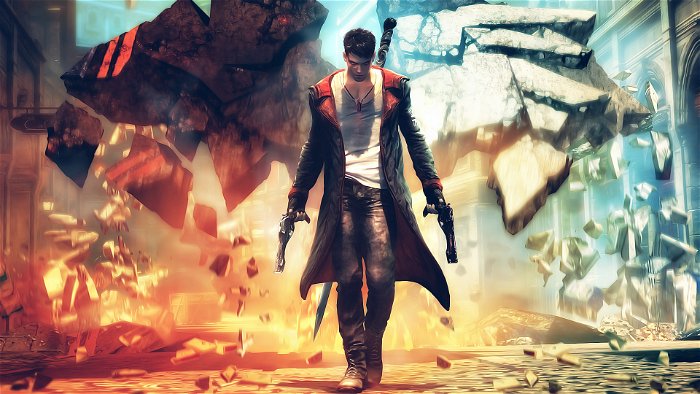
Gaming is a business, and as you push to make games as mainstream as possible, the call to make them attract a wider audience comes into the picture. This does mean that games that only target the white male audience are changing. More and more, studios and investors want to see a game sell well over what was expected in the ’90s or early 2000s. If they want to get their budget back, a few thousand or even a few million units sold simply do not cut it anymore, and sometimes, these companies want to find a way to reach new audiences.
“If a company wants to make its game more diverse or try to appeal to a new audience, they will find someone who can fill that role, be it Sweet Baby or one of the countless other firms that exist to serve this purpose.”
But, even if this is a trend you don’t like and hate the fact consultants are being brought in to make changes to a series you love, know it is not the consultant’s fault; these are decisions that come from the top. If Sweet Baby were not called in, someone else would have been. If a company wants to make its game more diverse or try to appeal to a new audience, they will find someone who can fill that role, be it Sweet Baby or one of the countless other firms that exist to serve this purpose.
These are not choices that are made to make the story worse; these are concepts that are part of a story, and the consultant refines them to try and make them fit the overall picture or simply feel more authentic, etc. That character was going to be in the game either way, so is it not better to have them written as a believable character rather than a stereotype?
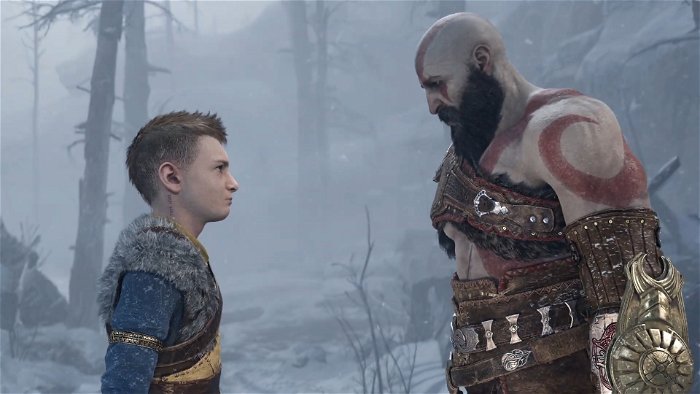
Ultimately, while you may hate what a specific consulting firm brought to a game, these initiatives and practices are meant to appeal to more people and make games better for everyone. Games are no longer made for one group, and even if you stop buying the latest entry in the series, a whole new audience is now invested in these characters, their stories and what happens next. Gaming is a medium for everyone, and the only way to make it better is to include more voices in its creation. Will it all be good? Of course not, but the only way an industry gets better is by trying new things and seeing what works.
